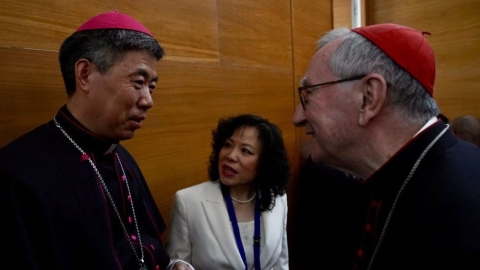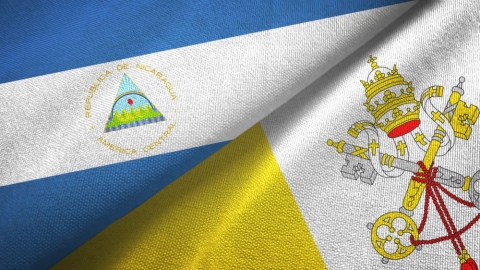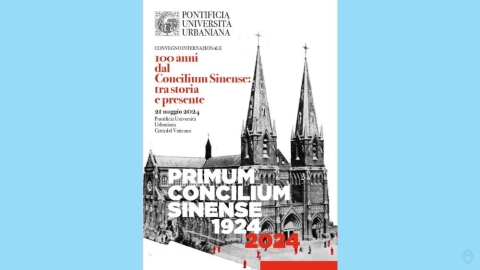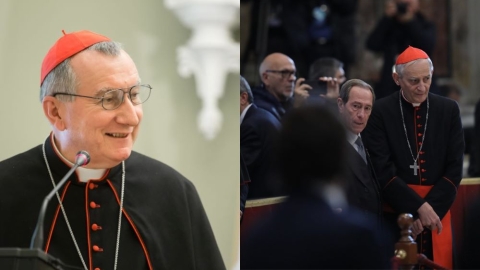Between Russia and Ukraine: The War of Saints

The statue of Alexander Nevsky in Vladimir
The Orthodox Church of Ukraine (OCU), affiliated with the Patriarchate of Constantinople, has decided to remove from its liturgical calendar the day of memory for Alexander Nevsky, a prince particularly honored by the Patriarchate of Moscow. Once again the principle of autocephaly, dear to the Orthodox communion, shows its limits in a deadly conflict raging at the gates of Europe.
On February 2, 2024, the ordinary meeting of the Holy Synod of the OCU decided to remove from its calendar of saints the day for the Holy Prince Alexander of Novgorod known as Nevsky. It is a measure intended as a rebuke to Moscow.
“Kyiv has just launched a spiritual missile in the direction of Moscow,” writes Alexander Soldatov in the Russian newspaper Novaya Gazeta who also denounced once again the “Ukrainian schism.”
To fully understand what this is about, we must remember that the figure of Alexander Nevsky is readily used by the Moscow Patriarchate to underline the opposition existing between Russia and a West.
The Figure of Alexander Nevsky in Russia
The young Russian general (1220-1263) was Prince of Novgorod before becoming Grand Duke of Kyiv and Vladimir under Batu Khan, leader of the Golden Horde who exercised his suzerainty over the region for a few more decades. At the age of 20, Alexander received command of the troops in the city of Novgorod. He went to meet the Swedes and defeated them on June 5, 1240, on the banks of the Neva. This first and great victory earned him the nickname Nevsky.
While the Lithuanians and the Germans took the opportunity to launch a vast offensive against the Russian principalities, Alexander defeated the Catholic Teutonic knights and the knights of the Livonian Order during the Battle on the Ice on the banks of Lake Peïpous, on April 5, 1242.
After moving his capital from Kyiv to Vladimir, Alexander Nevsky was approached by Pope Innocent IV, who offered his help to escape the domination of the Golden Horde. The prince rejected him, declaring: “We already have everything we need in the tradition of the Orthodox faith.” Thus, the narrative of ”Holy Russia” that refuses any alliance with the Latins was born.
In the context of the Russian military intervention in the Donbass, the figure of Alexander Nevsky has become a challenge to religious and political faith in a fractured Orthodox world. Orthodox Christianity is in fact a large majority in Ukraine, with nearly 80% of the country’s 43 million inhabitants. It is mainly organized around two confessions.
The Ukrainian Church (OCU-MP), led by Metropolitan Onuphry, was under the Moscow Patriarchate until its declaration of independence on May 27, 2022, in reaction to Patriarch Kirill of Moscow's support for the invasion.
The OCU-MP is, however, still suspected of maintaining pro-Russian sympathies, despite its condemnation of the military offensive and its announcement at the end of May 2022 of the severance of its links with Moscow. Moreover, the Ukrainian Parliament voted last October to ban this Church.
In reaction against the OCU-MP, the Orthodox Church of Ukraine (OCU) was created in 2019, led by Metropolitan Epiphanius, which was recognized by the Patriarchate of Constantinople, Moscow’s great rival. Many OCU-MP parishes have joined since the start of the Russian invasion.
(Sources : Asianews/La Croix – FSSPX.Actualités)
Illustration : Tanya Dedyukhina, CC BY 3.0, via Wikimedia Commons





